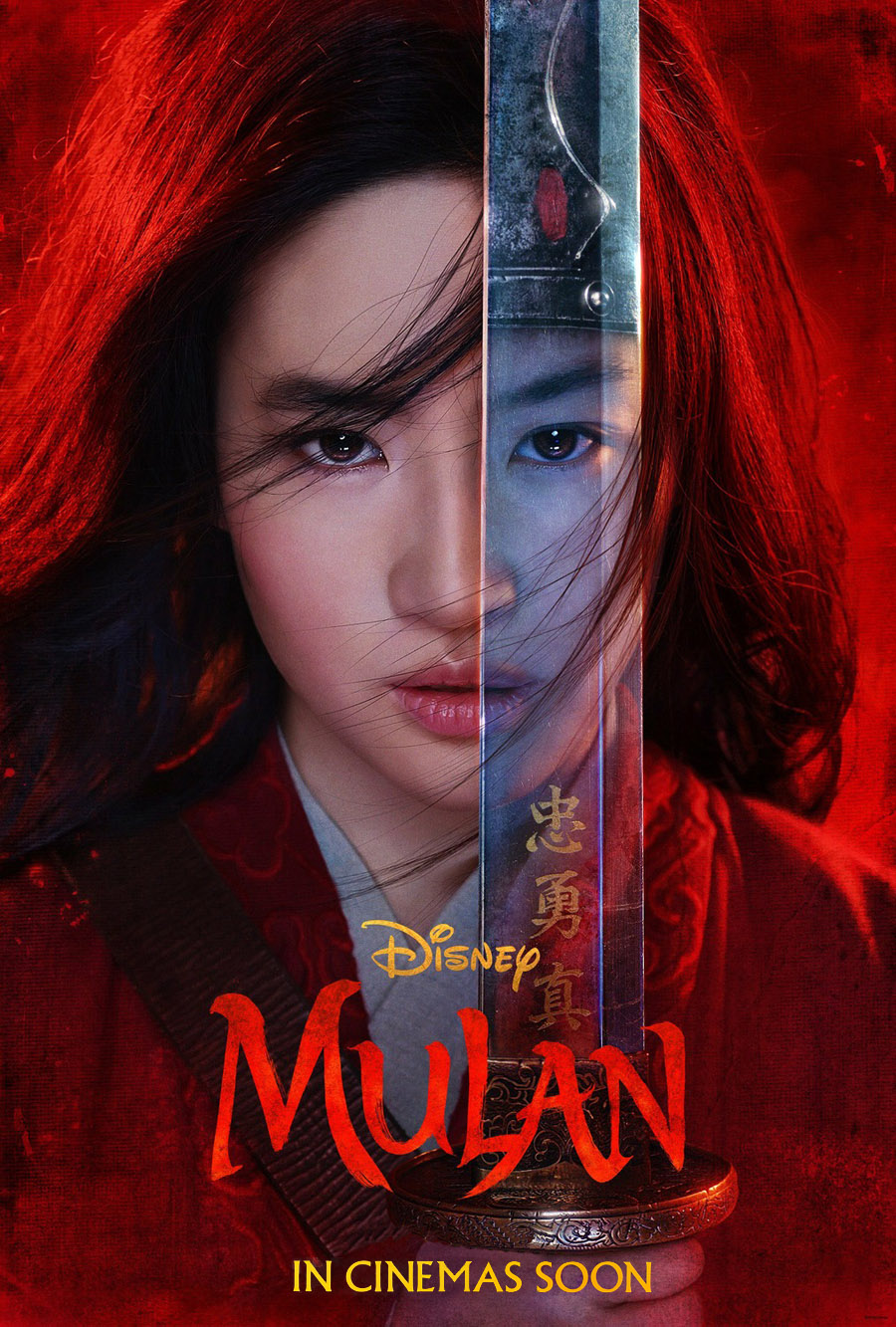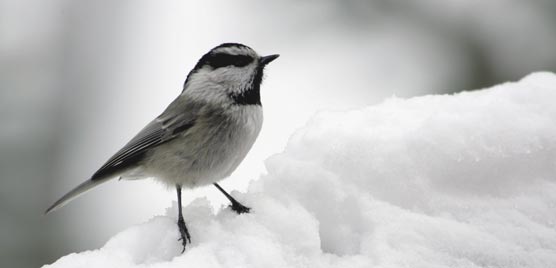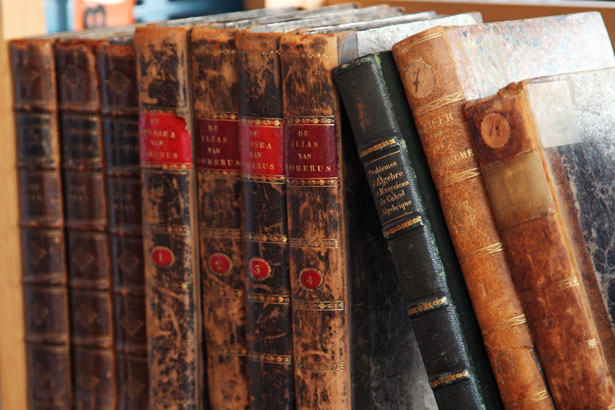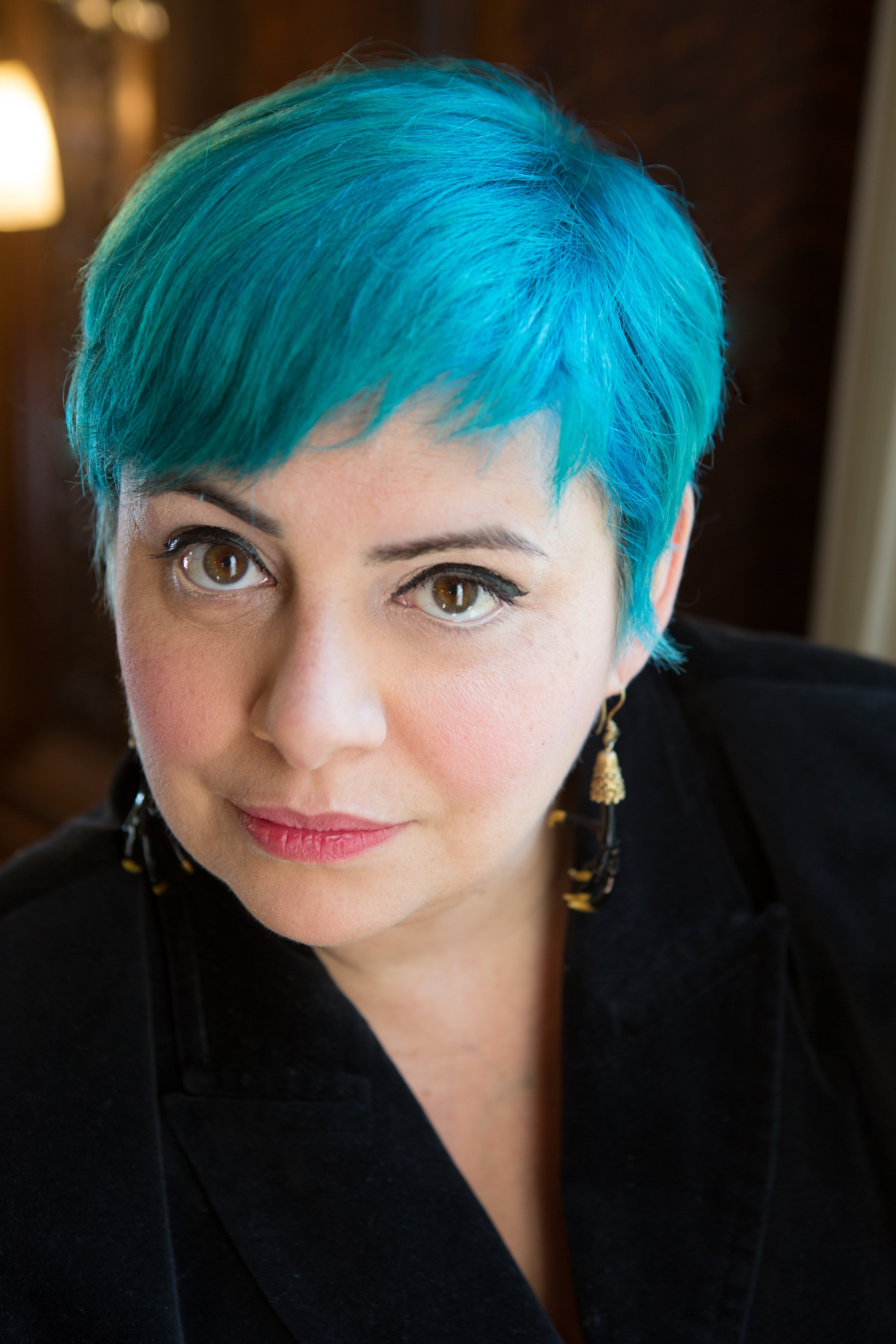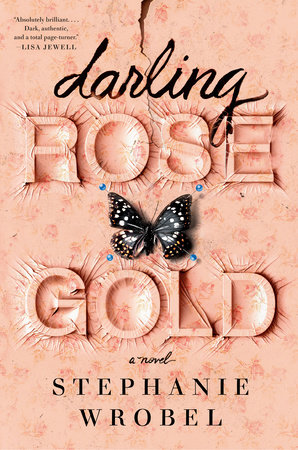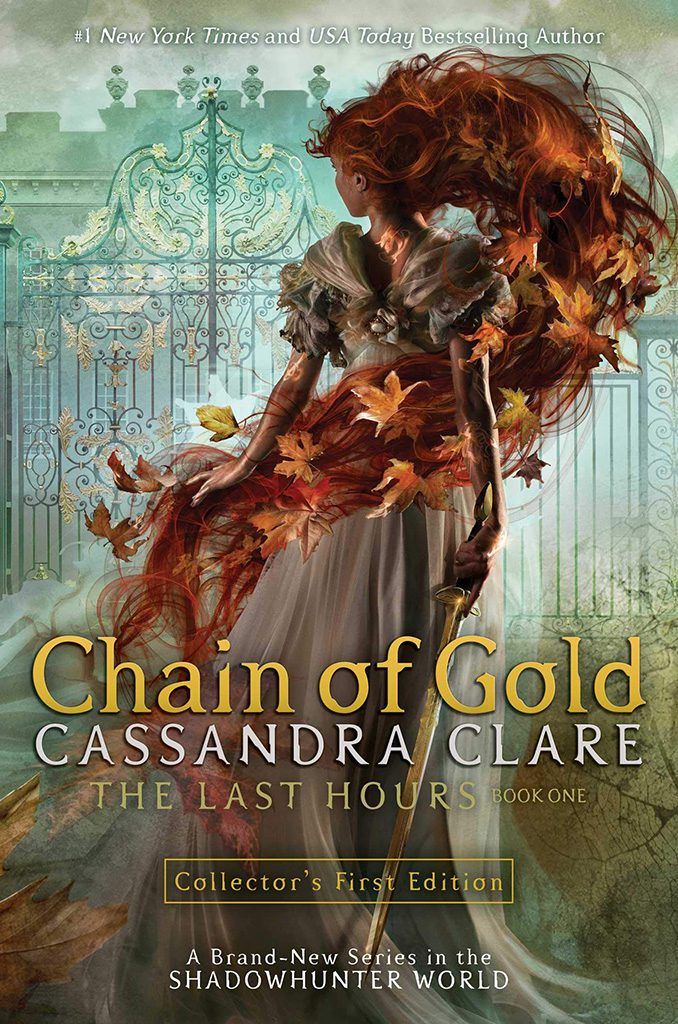From Sense to Sensibility... and then Back to Sense
Exploring the Pendulum of Female Expectations and Expectations of Females in British Literature
Introduction:
Welcome to what may be the height of my nerdiness! This is
From Sense to Sensibility... and then Back to Sense, a self-structured, self-run, self-study of how women are portrayed in British literature, revealing what they wanted out of their lives and what behaviors were expected and deemed acceptable for them. I really missed being an English major, so even though I still have loads and loads of reading assignments, I decided to create my own "course" if you will to bring some English literature studying back into my life. This is what I came up with, and I'll write more about the inspiration behind it roughly halfway through the "course."
What do I mean by a "pendulum"? In short, I will be personally exploring what women wanted out of romantic relationships during their time and what roles or personalities were the best ways, or the acceptable ways, to achieve those wants. My theory is that there has never been a real consistency for women in terms of what they could or could not do. ("Do" can be replaced with the following: say, wear, want, desire, take, give, etc.) There are probably some consistencies, to be sure, but the behavior defining the role they needed to act varied over the course of time as societal interests and tastes changed. Again, I am specifically interested as to what behaviors were acceptable for them, especially in relation to finding a romantic partner, but I'm sure there are dozens if not hundreds of other ways that women have been a part in this never-ending pendulum pattern.
Some notes on this syllabus:
- First, everything that I write and reflect on for this "course" can be found under the tag "Sense to Sensibility."
- Second, I don't know how well I will stick to this schedule. I am still in school, and while there is a break halfway through that corresponds with my finals season, school will be my priority and if this falls behind, so be it. I'll update the syllabus as needed should that happen.
- Third, there are two authors that do not fit the criteria of being female British writers: Madame d'Aulnoy and Lewis Carroll. Why? Well, for Madame d'Aulnoy, she wrote a massive amount of popular fairy tales that (from very preliminary research) heavily broke into English culture. For Lewis Carroll, Alice is a young girl and her portrayal I think will offer an interesting perspective for that period, even though Carroll was a man. I also just really love the madness and youthful chaos of Wonderland, so I think it will be pure fun as well.
- Lastly, the "course" is broken up into four sections, one for each century from the 17th through the 20th. At the end of each century, there will be a week to review and reflect on that sections alone along with how it fits on the pendulum. It also makes it each for people to jump in and out if they want to. (Which I would love!)

How's this going to work? Ideally, for each book or reading selection, I'll have an individual reflection on each- mini essays on what those works reveal about female expectations. I'm not quite sure what those will look like, but as of right now I imagine I'll highlight some theme or motif from each. At the end of each section then I'll write an essay about each century as a whole and have a week to only think about everything from that century and how it fits into the course as a whole. No new readings or anything. We'll see what else comes up, but for now we'll try to start here.
Schedule:
17th Century (5 Weeks)
Week 1 (1/13):
Miscellanea Prayers. Meditations. Memoratiues. by Elizabeth Grymeston;
The Countess of Montgomery's Urania by Lady Mary Wroth
Week 2 (1/20):
Love-Letters Between a Nobleman and His Sister by Aphra Behn
Week 3 (1/27):
The History of the Nun by Aphra Behn
Week 4 (2/3):
CCXI Sociable Letters by Margaret Cavendish
Week 5 (2/10): A selection of fairy tales from Madame d'Aulnoy: "The Blue Bird," "Prince Ariel," "Babiole," "Princess Carpillon," "Belle-Belle," and "Princess Belle-Etoile"
Week of 2/17: Focus: How hard it was to find 17th century women writers
 18th Century (6 Weeks)
18th Century (6 Weeks)
Week 1 (2/24):
Fantomina by Eliza Haywood
Week 2 (3/2):
Evelina by Frances Burney
Week 3 (3/9):
Cecilia by Frances Burney
Week 4 (3/16):
The Mysteries of Udolpho by Ann Radcliffe
Week 5 (3/23):
A Sicilian Romance by Ann Radcliffe
Week 6 (3/30):
A Vindication on the Rights of Woman by Mary Wollstonecraft;
Sense and Sensibility by Jane Austin
Week of 4/6: Focus: Women and the Gothic novel
BREAK HERE
Behind the Course: The First Inspiration and Thought Seed Behind This Notion of a Pendulum
19th Century (5 Weeks)
Week 1 (5/18):
Emma by Jane Austin;
Northanger Abbey by Jane Austin
Week 2 (5/25):
Jane Eyre by Charlotte Bronte;
Wuthering Heights by Emily Bronte
Week 3 (6/1): Why do I know those gals (above) but not these gals (below)
Week 4 (6/8):
North and South by Elizabeth Gaskell;
Lady Audley's Secret by Mary Elizabeth Braddon
Week 5 (6/15):
Alice in Wonderland by Lewis Carroll;
The Heavenly Twins by Sarah Grand
Week of 6/22: Focus: How to Catch a Husband 101
20th Century (4 Weeks)
Week 1 (6/29):
Pilgrimage Volume I by Dorothy Richardson
Week 2 (7/6):
The Secret Garden by Frances Hodgson Burnett;
Mrs. Dalloway by Virginia Woolf
Week 3 (7/13):
A Room of One's Own by Virginia Woolf;
My Cousin Rachel by Daphne du Maurier
Week 4 (7/20):
A Taste of Honey by Shelagh Delaney;
The Millstone by Margaret Drabble
Week of 7/27: Focus: Overall wrap-up and thoughts on the pendulum

Phew! This is going to be a lot of reading, a lot of work, and a lot of determination. I do feel very determined though to finish this "course" however, if only because in researching I realized how many more women authors there are out there that I had no idea existed and yet have contributed so much to the literary canon. I also realized though that they were a bit rare, especially in the earlier years. I can name Austen and the Brontes off the top of my head, but then in terms of classic literature, I think of like Dickens and Hardy, Wilde and Orwell. For example, why have I never read Ann Radcliffe? And why had I never
heard of Elizabeth Gaskell before? I clearly have a lot to educate myself about and I can't wait to start!!!
Thanks for Reading!







